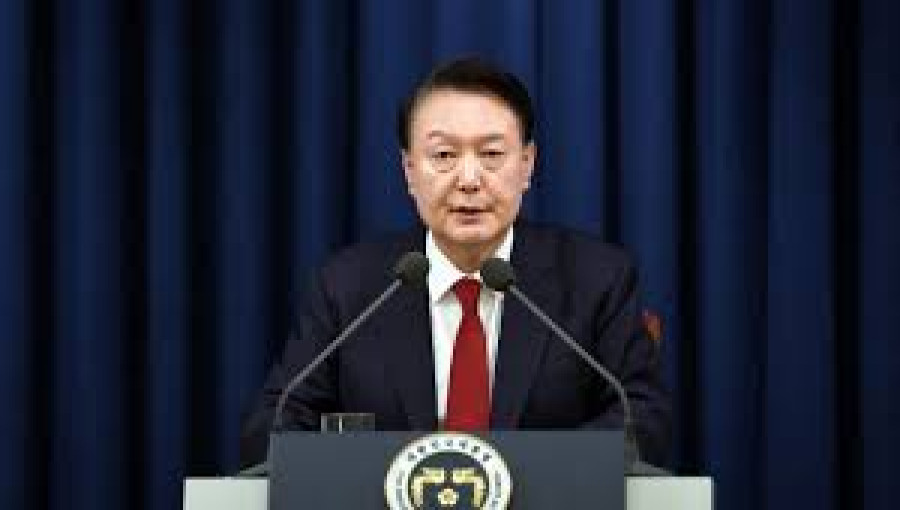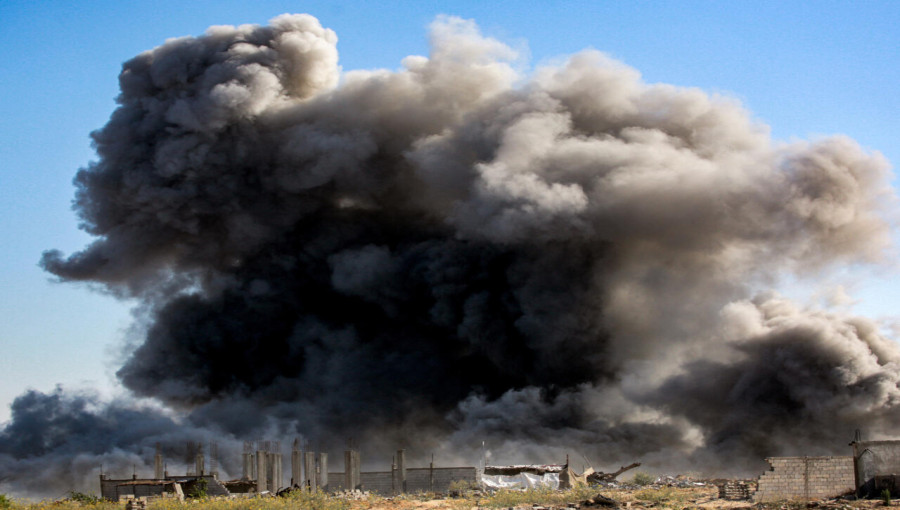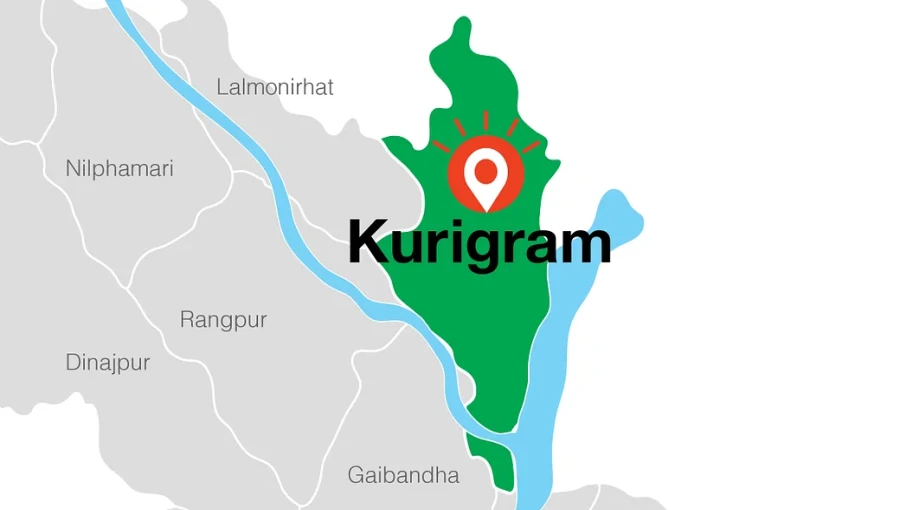Ontario Premier Doug Ford has signaled that Canada’s largest province may halt energy exports to the United States if President-elect Donald Trump imposes the proposed 25% tariffs on Canadian goods. The announcement comes amid rising tensions between the two nations, as Trump accuses Canada and Mexico of contributing to illicit drug flows and undocumented migration into the U.S.
Ford's remarks followed a virtual meeting with Prime Minister Justin Trudeau and other provincial leaders to strategize responses to the potential tariffs. Ontario's energy exports are substantial, with the province supplying 12 terawatt-hours of electricity last year to U.S. states including Michigan, New York, and Minnesota—enough to power 1.5 million homes.
“We will go to the full extent,” Ford told reporters. “Cutting off energy exports is not what we want, but protecting Ontario and its residents comes first.”
Federal Government's Response
Prime Minister Trudeau has described Trump’s proposed tariffs as "devastating" and has engaged in diplomatic efforts, including a recent visit to Trump’s Mar-a-Lago estate in Florida, to mitigate the potential impact. Deputy Prime Minister Chrystia Freeland emphasized Canada’s determination, stating that "a number of premiers spoke out strongly in favor of a robust Canadian response."
Trudeau's government is reportedly working on a CAN $1 billion ($707 million) border security plan aimed at addressing U.S. concerns about fentanyl trafficking and migration, which Trump has cited as reasons for the tariffs. This plan is expected to be shared with Trump’s team in the coming weeks.
Potential Fallout
The proposed tariffs and Ontario’s threat of halting energy exports could strain the deeply interconnected economic relationship between the two nations. U.S. states reliant on Canadian energy, such as Michigan, could face significant disruptions if Ontario acts on its warning.
Ford’s statement reflects growing frustration within Canada over what leaders view as unjustified economic aggression. Freeland described this as "a serious moment" requiring a united and resolute Canadian response.
The outcome of these tensions will likely hinge on negotiations as Trump prepares to take office in January. Both nations face significant economic and political stakes in resolving the dispute amicably.



























Comment: